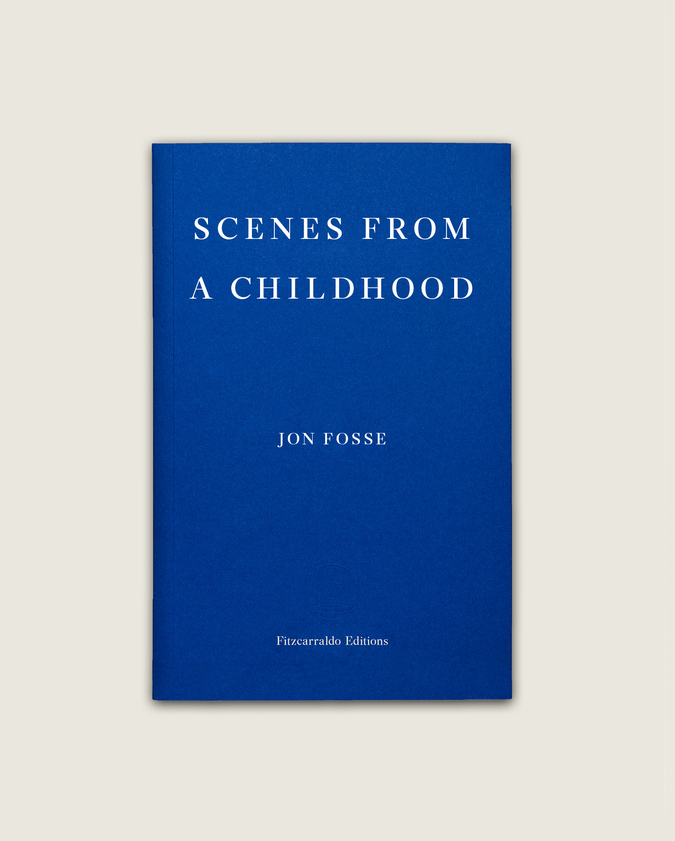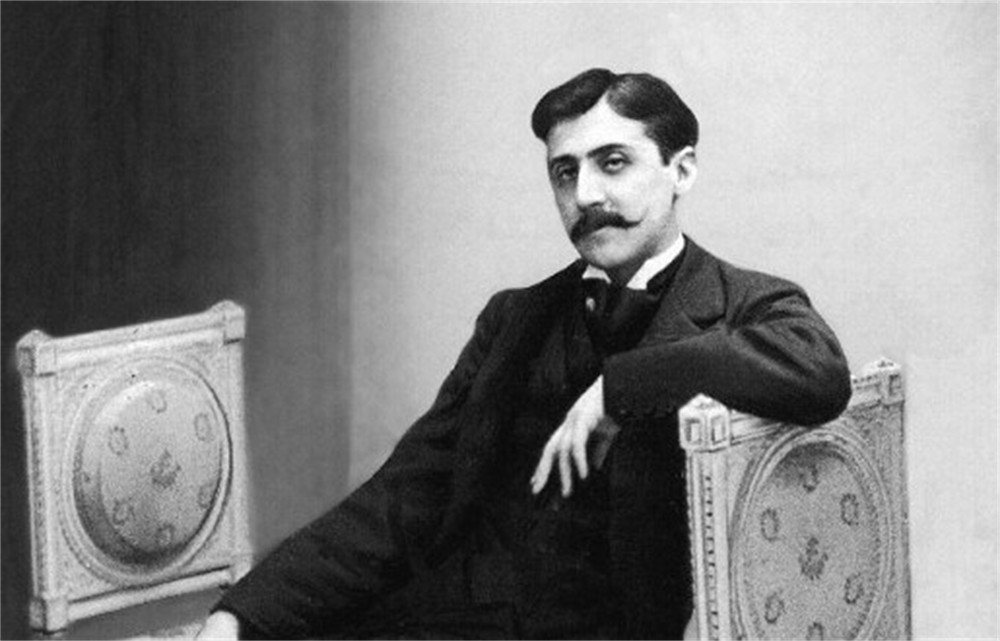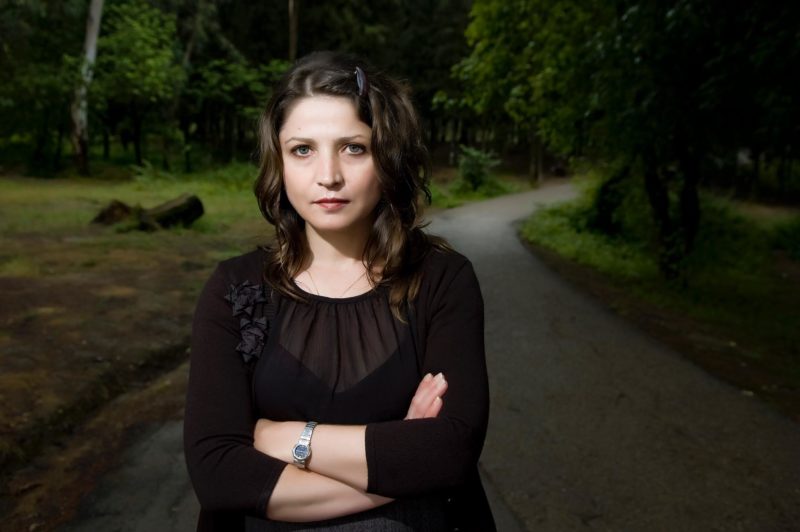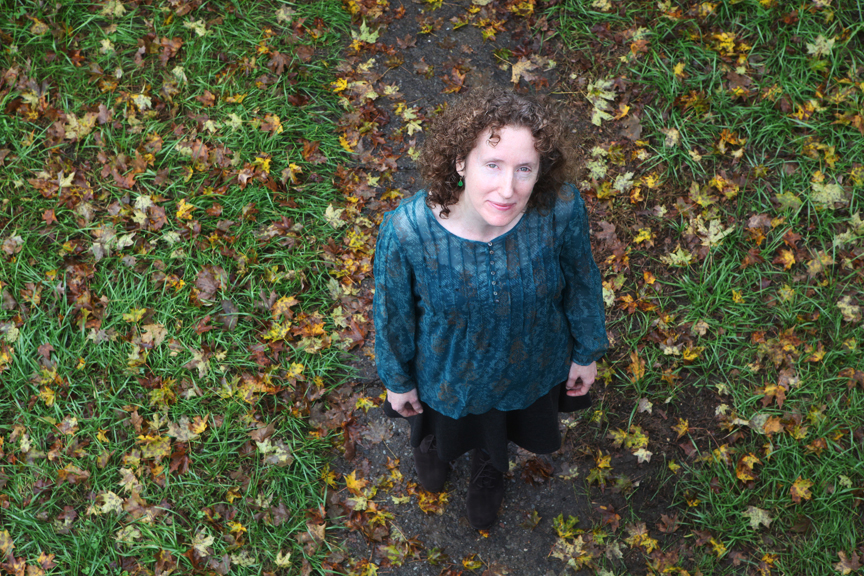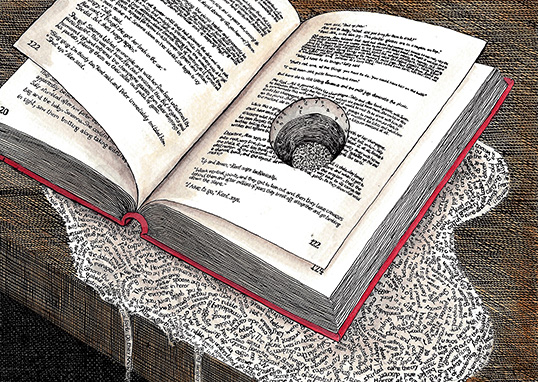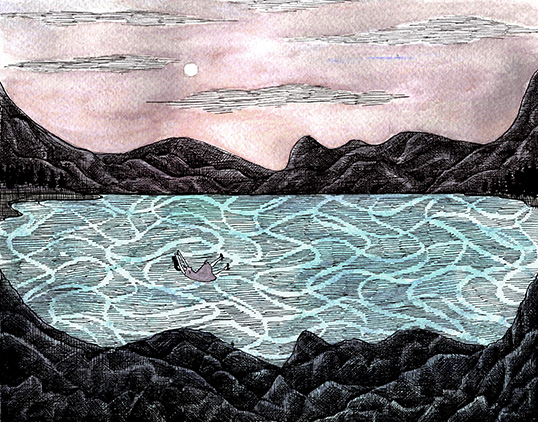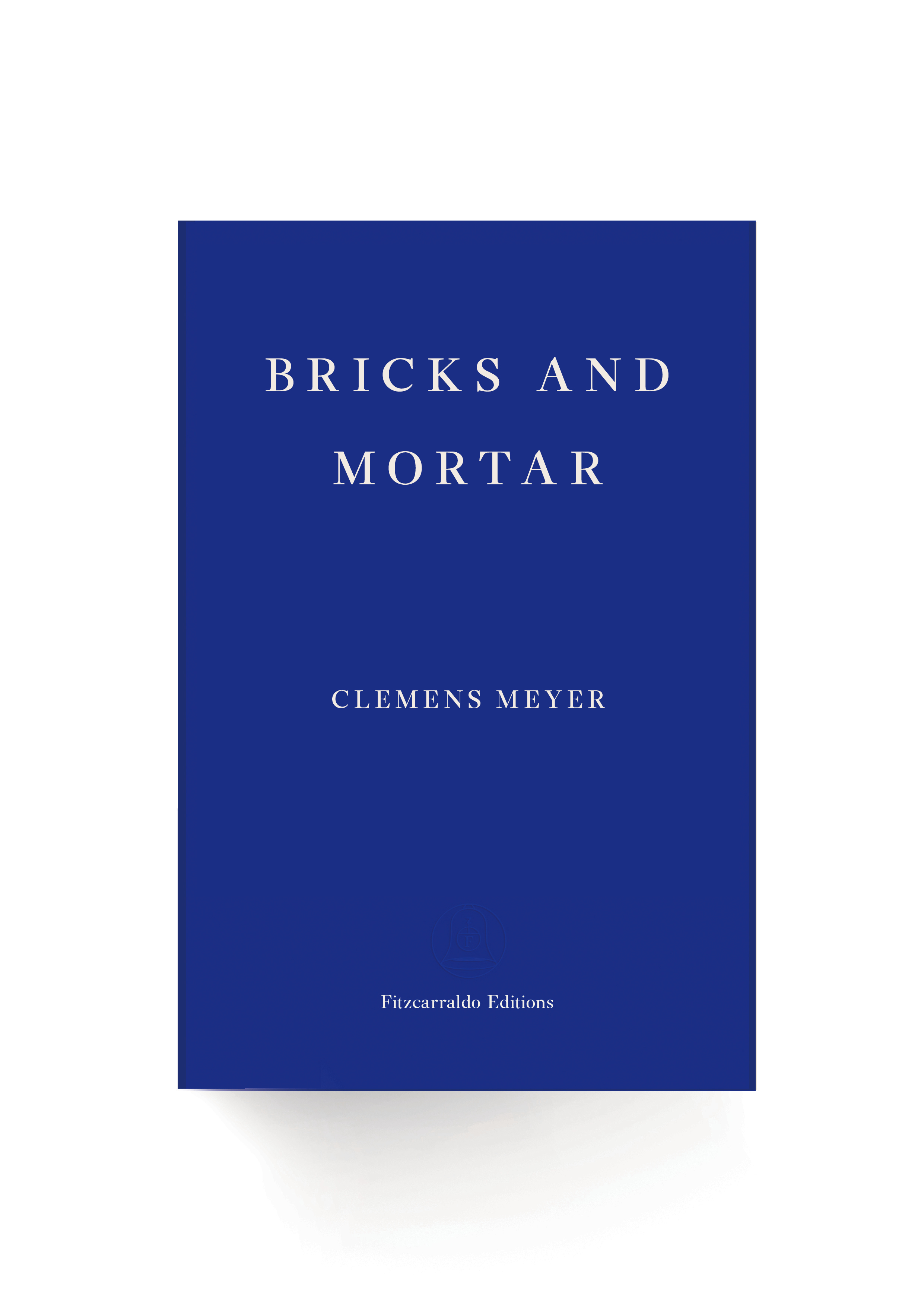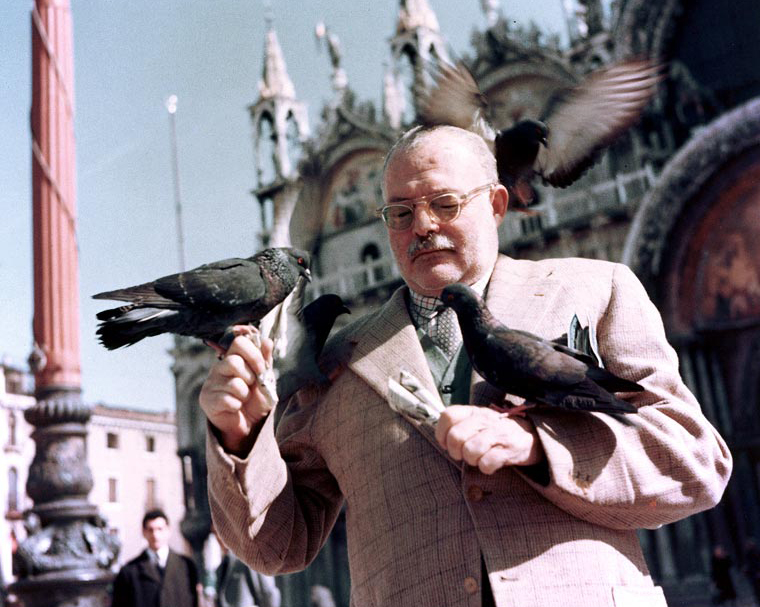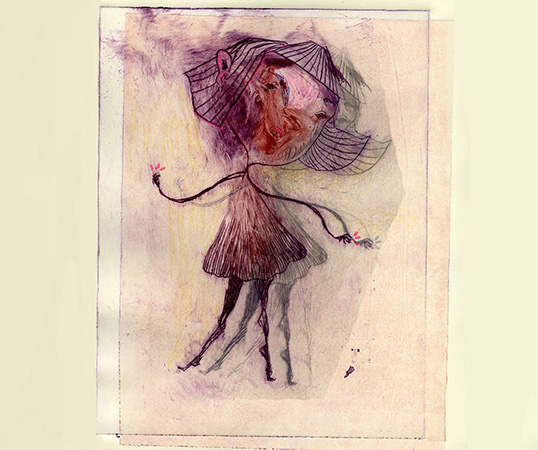
At a book reading in Kolkata, about a week after my first novel, The God of Small Things, was published, a member of the audience stood up and asked, in a tone that was distinctly hostile: “Has any writer ever written a masterpiece in an alien language? In a language other than his mother tongue?” I hadn’t claimed to have written a masterpiece (nor to be a “he”), but nevertheless I understood his anger toward a me, a writer who lived in India, wrote in English, and who had attracted an absurd amount of attention. My answer to his question made him even angrier.
“Nabokov,” I said. And he stormed out of the hall.
The correct answer to that question today would of course be “algorithms.” Artificial Intelligence, we are told, can write masterpieces in any language and translate them into masterpieces in other languages. As the era that we know, and think we vaguely understand, comes to a close, perhaps we, even the most privileged among us, are just a group of redundant humans gathered here with an arcane interest in language generated by fellow redundants.
Only a few weeks after the mother tongue/masterpiece incident, I was on a live radio show in London. The other guest was an English historian who, in reply to a question from the interviewer, composed a paean to British imperialism. “Even you,” he said, turning to me imperiously, “the very fact that you write in English is a tribute to the British Empire.” Not being used to radio shows at the time, I stayed quiet for a while, as a well-behaved, recently civilized savage should. But then I sort of lost it, and said some extremely hurtful things. The historian was upset, and after the show told me that he had meant what he said as a compliment, because he loved my book. I asked him if he also felt that jazz, the blues, and all African-American writing and poetry were actually a tribute to slavery. And if all of Latin American literature was a tribute to Spanish and Portuguese colonialism.
Notwithstanding my anger, on both occasions my responses were defensive reactions, not adequate answers. Because those incidents touched on a range of incendiary questions—colonialism, nationalism, authenticity, elitism, nativism, caste, and cultural identity—all jarring pressure points on the nervous system of any writer worth her salt. However, to reify language in the way both men had renders language speechless. When that happens, as it usually does in debates like these, what has actually been written ceases to matter. That was what I found so hard to countenance. And yet I know—I knew—that language is that most private and yet most public of things. The challenges thrown at me were fair and square. And obviously, since I’m still talking about them, I’m still thinking about them.
The night of that reading in Kolkata, city of my estranged father and of Kali, Mother Goddess with the long red tongue and many arms, I fell to wondering what my mother tongue actually was. What was—is—the politically correct, culturally apposite, and morally appropriate language in which I ought to think and write? It occurred to me that my mother was actually an alien, with fewer arms than Kali perhaps but many more tongues. English is certainly one of them. My English has been widened and deepened by the rhythms and cadences of my alien mother’s other tongues. (I say alien because there’s not much that is organic about her. Her nation-shaped body was first violently assimilated and then violently dismembered by an imperial British quill. I also say alien because of the violence unleashed in her name on those who do not wish to belong to her (Kashmiris, for example), as well as on those who do (Indian Muslims and Dalits, for example), makes her an extremely un-motherly mother.
How many tongues does she have? Officially, approximately 780, only twenty-two of which are formally recognized by the Indian Constitution, while another thirty-eight are waiting to be accorded that status. Each has its own history of colonizing or being colonized. There are few pure victims and pure perpetrators. There is no national language. Not yet. Hindi and English are designated “official languages.” According to the Constitution of India (which, we must note, was written in English), the use of English by the state for official purposes was supposed to cease by 26 January 1965, fifteen years after the constitution came into effect. Hindi, written in the Devanagari script, was to take its place. However, any serious move toward making Hindi the national language has been met with riots in non-Hindi speaking regions of the country. (Imagine trying to impose a single language on all of Europe.) So, English has continued, guiltily, unofficially, and by default, to consolidate its base.
Guilt in this case is an unhelpful sentiment. India as a country, a nation-state, was a British idea. So, the idea of English is as good or as bad as the idea of India itself. Writing or speaking in English is not a tribute to the British Empire, as the British imperial historian had tried to suggest to me, it is a practical solution to the circumstances created by it. Fundamentally, India is in many ways still an empire, its territories held together by its armed forces and administered from Delhi, which, for most of her subjects, is as distant as any foreign metropole. If India had broken up into language republics, like countries in Europe, then perhaps English could be done away with. But even still, not really, not any time soon. As things stand, English, although it is spoken by a small minority (which still numbers in the tens of millions), is the language of mobility, of opportunity, of the courts, of the national press, the legal fraternity, of science, engineering, and international communication. It is the language of privilege and exclusion.
(…)


